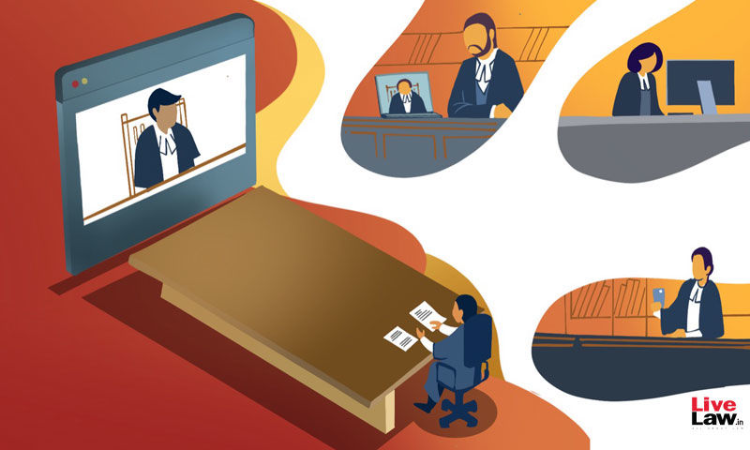A Delhi Court has recently allowed recording of evidence through videoconferencing mode on a mutual application moved on behalf of the parties.Stating that the aforesaid exercise will be done in accordance with the videoconferencing Rules framed by the Delhi High Court, Metropolitan Magistrate Devanshu Sajlan ordered thus:"The present matter is a '5-year-old'matter. Both the parties have...

